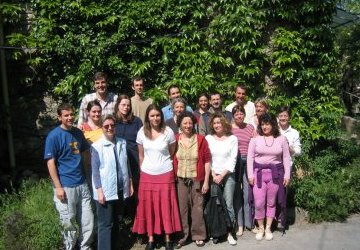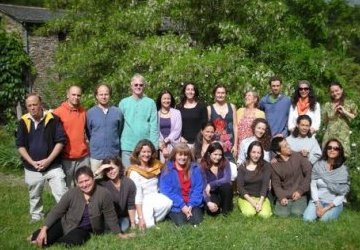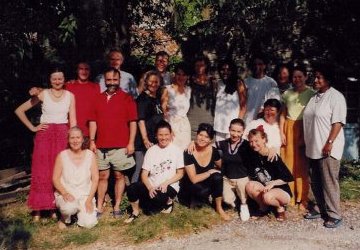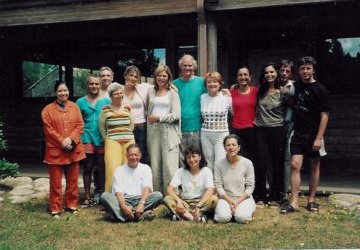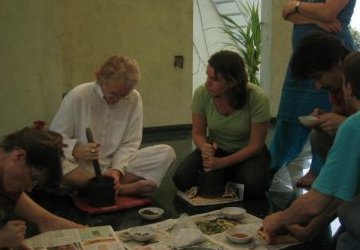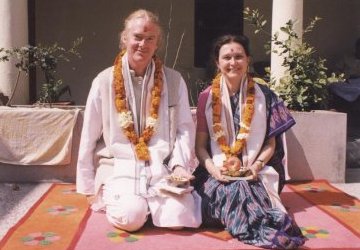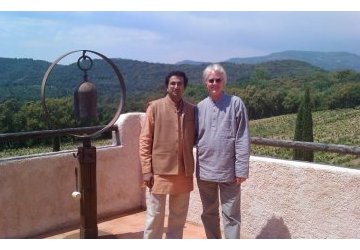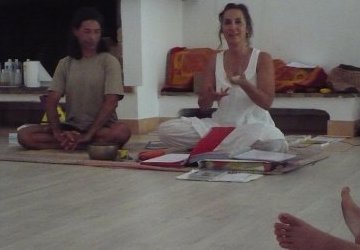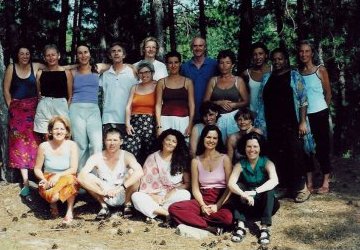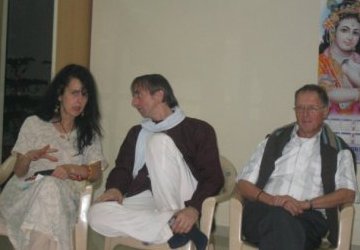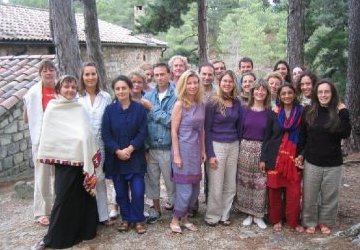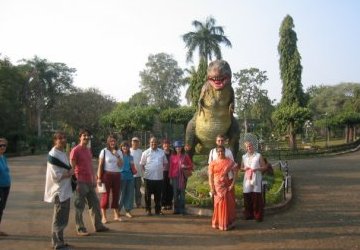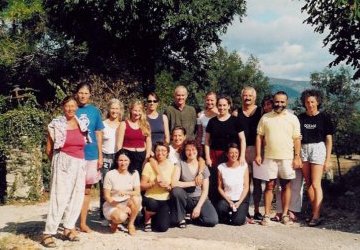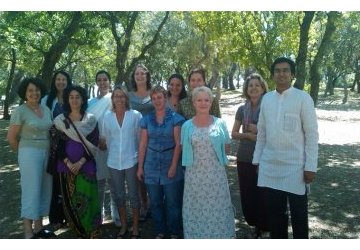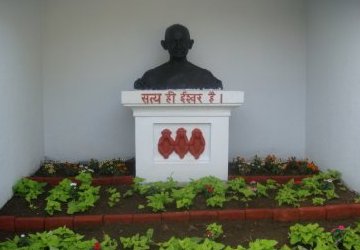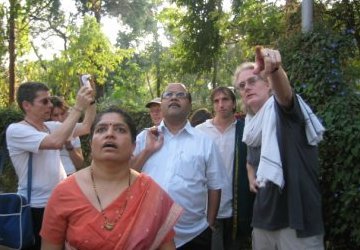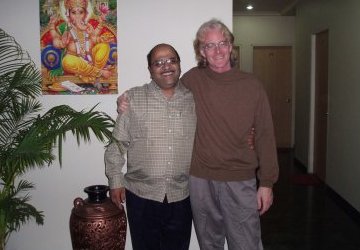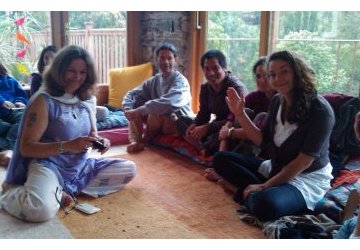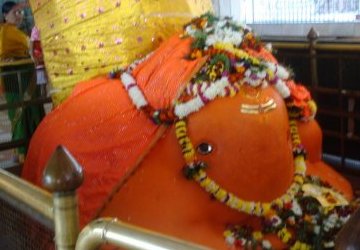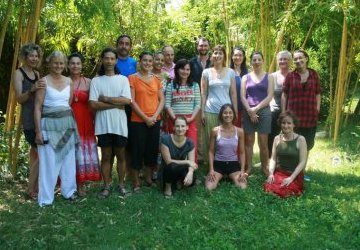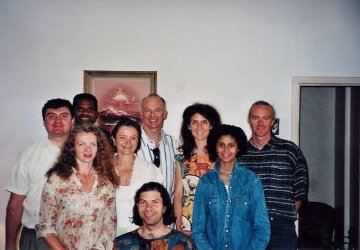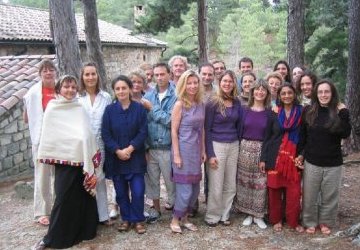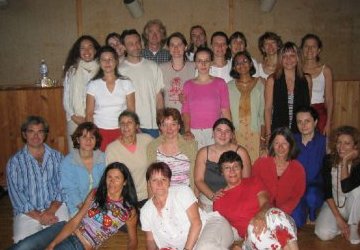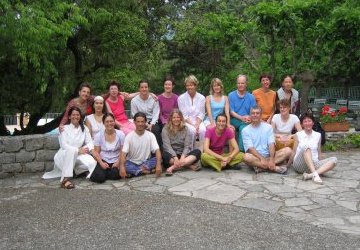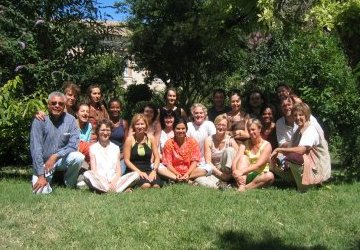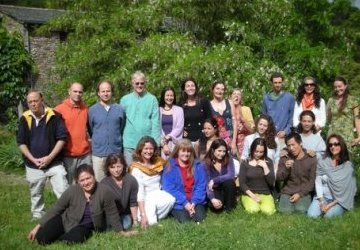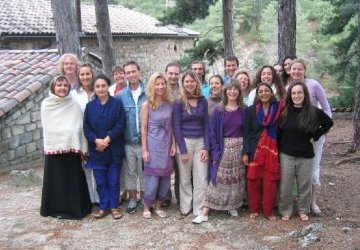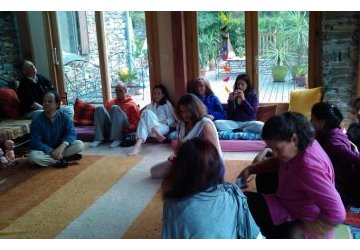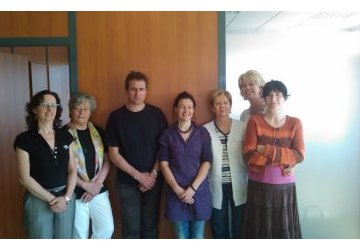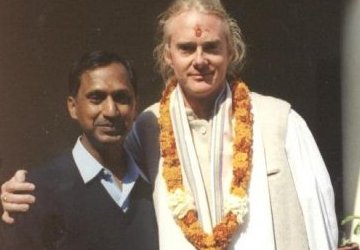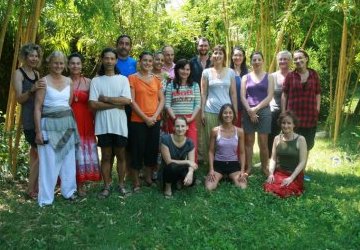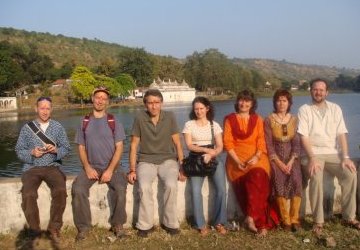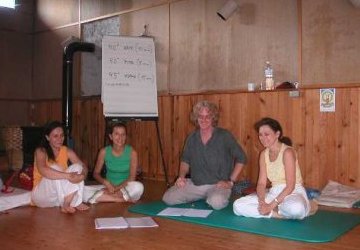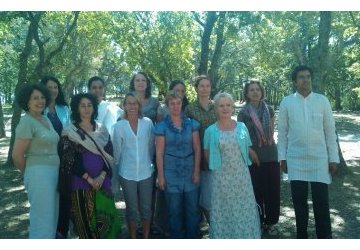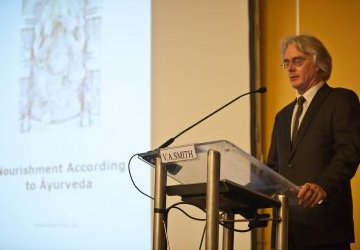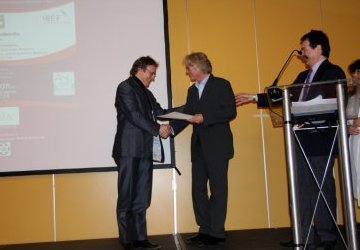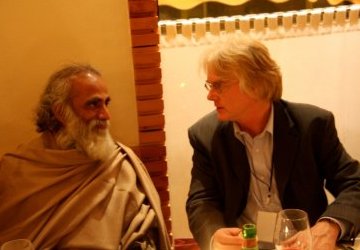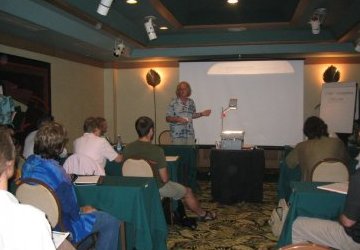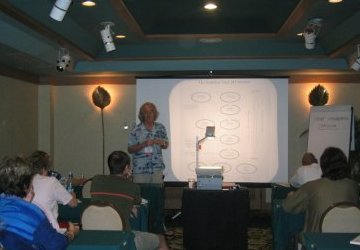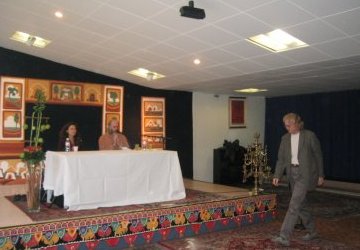The Psychology of Transformation in Yoga
The main thrust of this book is to present the Samkhya system in its true form – as an experiential system of transformation – not as a philosophy. The author presents a vision of Samkhya that he received directly from his teacher in India over a period of several years in the early 1990’s. Hence, the presentation is not scholarly, but experiential and alive. It is a book that will open minds and provoke new thinking. It is a ‘must read’ for any person practicing Yoga, Ayurveda or Jyotish as it provides the holistic foundation for these systems.
The ancient sciences of Yoga, Ayurveda and Jyotish (Indian Astrology) have become mainstream subjects and professions in the Western world. Their popularity is growing on a daily basis due to the holistic and individualized approach that each encompasses. There is little doubt that these systems of health and transformation will continue to grow and expand in the modern world.
Unfortunately, these systems have been introduced to the West without a clear explanation of the basic philosophy or vision that supports them. The spiritual vision of the universe is called Samkhya and is an existential experience of creation as seen by the Vedic Rishi’s, or seers. All of the ancient Indian sciences are based on this vision of a conscious, expanding universe. This provides the basis for a holistic vision of the world and the human being that interacts within this conscious universe. This book, The Psychology of Transformation in Yoga, provides not only a simple explanation of this complicated system, but also presents the Samkhya as a practical method of transformation.
ISBN: 978-1490972060
135 pages
(exert INTRODUCTION)
Introduction
"Some prefer to be non-dualists while others prefer to be dualists. Neither of them truly knows the Absolute which is devoid of duality and non-duality."1.37 Avadhuta Gita
This is the first English edition of this book which I wrote between the years 2000 and 2001. My agent tried unsuccessfully to find a publisher for me in the USA, and then Great Briton in 2001. As this book is not oriented to the general public no publisher was interested to print it as it is not a book for the mass market.
At the end of 2002 the French translation of this book appeared on the market where it received a small but positive reception. It has sold consistently to those people passionate about Indian culture over the last eleven years. Therefore, it is with great pleasure that I present the revised and corrected version of this book, in English for the first time. For those of you who have seen various versions of it in the past, notably students, this is a ‘definitive’ version with a number of details corrected or revised and dates reflecting this updated version. Herewith, I present the original introduction.
After studying several of the ancient Indian sciences over the last forty years I believe a vast misunderstanding exists today regarding the fundamental vision on which these disciplines are based.
In the process of teaching these sciences over the last twenty five years I have observed that modern people generally have great difficulty to grasp the essential differences between the ancient Vedic Indian thought and present day conceptual thinking. This modern tendency of conceptual thinking is confined to defining the world we live in through psychology and the intellect. This is a fundamental error when applied to the Indian sciences. Additionally, this modern tendency is not limited to the West or other geographical locations – few Indians can now grasp the enormous difference between ancient and current perceptions. As the whole world, East and West, moves towards a more materialistic, psychological orientation this is, perhaps, to be expected.
The purpose of this book is to explain another way of perceiving the world that is not psychologically based, but rather experiential. I call this approach “The Psychology of Transformation According to Yoga.” This book begins by explaining the most fundamental concepts of the Samkhya system in simple terms and then analyzes how this Yogic vision of creation transforms our everyday life. The approach of this book is neither historic nor intellectual; rather it is a practical and experiential one.
In this book I am presenting my own understanding and experience of the many talks that my teacher gave during the early 1990’s. It also includes my practice as a health care professional for the last twenty-five years and as a teacher of Ayurveda for the last nineteen years. If there are mistakes they are mine and not my teachers. For most of the early 90’s I was living in India absorbing the Samkhya by osmosis. This still remains the primary teaching methodology between students and teachers of the traditional sciences in India today. Therefore, one can say that the approach of this book is existential rather than intellectual.
Present conceptual thinking is strongly dominated by an individualistic, psychological approach that is founded on a mechanical vision of reality. Using the ancient Indian sciences from this ‘mechanical conceptual approach’ has little value. The only value – and that is invaluable – of using the ancient Yogic sciences today is to understand the deeper meanings of life and to help humankind to find happiness, health and peace here and now. That is the purpose of this book.
The Psychology of Transformation in Yoga shows us how to live life with good health through Ayurveda and Yoga. It shows us the function of time and how to observe when different periods are beneficial for specific activities through Jyotish (Yogic astrology). Yet, first and foremost it is a practical system for our daily lives.
The Psychology of Transformation in Yoga reveals the hidden meanings of life, death, the soul, happiness, health, astrology, esoteric sciences, kundalini, karma and reincarnation - to name a few. Practicing any of the Indian sciences like Ayurveda, Yoga or Jyotish (astrology) without deeply understanding the “Psychology of Transformation” will cause these disciplines to be presented in a cerebral, static manner. This is a disservice as the higher aspect of these studies is lost and they become vulgarized. However, when the deeper purpose of Yoga is revealed these same practices help lead humanity to health, truth, happiness, peace and real knowledge – the knowledge of who we are.
copyright © 2019 Atreya Smith




